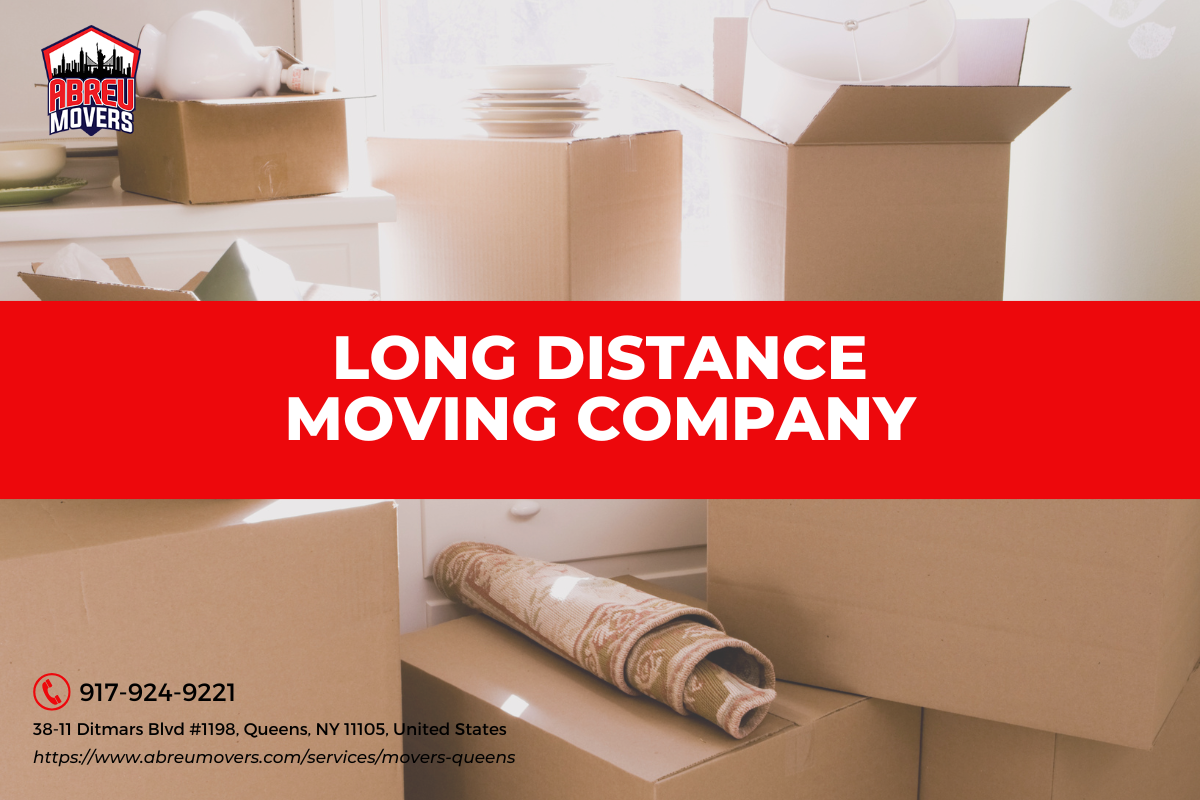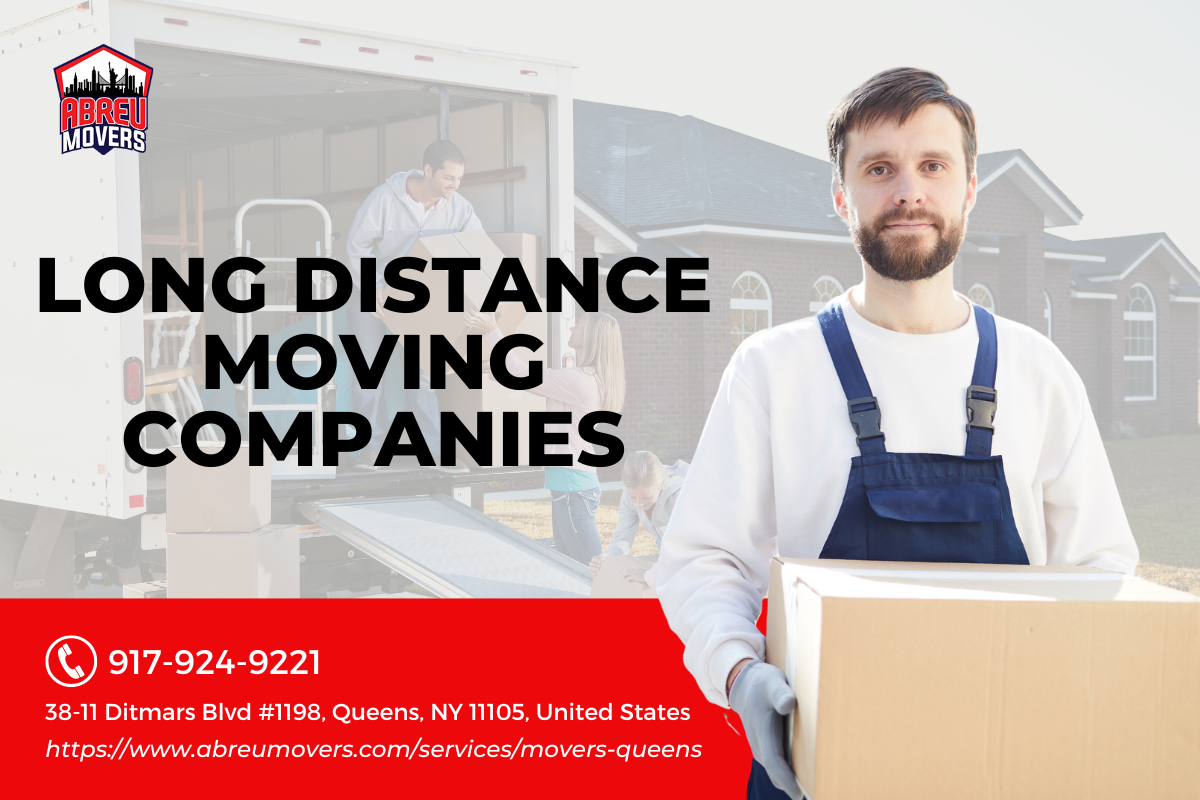

Introduction
Moving to a new home can be an exciting adventure, but when it comes to long-distance moves, the process can also feel daunting. Whether you are relocating for a job, family reasons, or simply seeking a change of scenery, one crucial factor in ensuring a smooth transition is selecting the right long distance moving company. With so many options available, it's vital to ask the right questions to make an informed decision. This article will delve into 10 Questions to Ask Your Long Distance Moving Company that will not only help you gauge their expertise and reliability but also give you peace of mind during your move.
1. What Is Your Experience in Long Distance Moving?
When considering a long distance moving company, experience matters immensely. You want a mover who knows the ins and outs of interstate relocations and has successfully handled similar jobs before.
Why Experience Matters
- Knowledge of Regulations: Long-distance movers must comply with various regulations that differ from state to state. Problem-Solving Skills: Experienced movers have likely encountered and resolved many challenges along the way. Customer Satisfaction: A history of successful moves often translates into satisfied customers and positive reviews.
What to Ask
- How long have you been in business? Can you provide references from past clients? Have you handled moves similar to mine?
By asking these questions, you'll gain insight into whether the company can meet your specific needs.
2. Are You Licensed and Insured?
A reputable long distance mover should always be licensed and insured. This helps protect both you and them during the moving process.
Importance of Licensing and Insurance
- Legal Compliance: A valid license ensures that the mover adheres to federal and state laws. Protection Against Loss/Damage: Insurance coverage protects your belongings in case of accidents or mishaps during transit.
What to Verify
- Can you provide your USDOT number? What type of insurance do you offer (full value protection vs. released value protection)?
Asking these questions will help ensure that your move is compliant with legal standards while safeguarding your possessions.
3. What Services Do You Offer?
Different long distance moving companies offer varying services, from packing and unpacking to storage solutions. Understanding what they provide can save you time and effort.
Types of Services Typically Offered
- Packing Services: Professional packing for fragile items. Unpacking Services: Assistance with settling into your new home. Storage Solutions: Short-term or long-term storage options if needed.
Questions to Consider
- Do you offer full-service moves or only labor-only options? Are there additional fees for packing materials?
Understanding the range of services offered will help streamline your moving experience based on your unique requirements.
4. How Do You Calculate Moving Costs?
Costs can vary significantly among different long distance moving companies. It's essential to understand how movers calculate their charges to avoid surprise expenses down the line.
Common Cost Factors
- Distance: The longer the move, the higher the cost. Weight: Heavier loads typically incur greater fees. Additional Services: Packing materials, storage fees, etc., can increase costs.
Key Questions
- Can I get a written estimate based on my inventory? Are there any hidden charges I should be aware of?
These inquiries will clarify how costs are determined, allowing you to budget more effectively for your move.
5. What Is Your Policy on Delays?
Delays are sometimes inevitable during long-distance moves due to unforeseen circumstances such as weather or road conditions. Knowing how a mover handles delays is crucial for planning purposes.
Understanding Delay Policies
Many companies have different policies regarding delays:
- Compensation for inconveniences Communication procedures during delays
Questions Worth Asking
- How do you handle delays in delivery? Will I be notified if my delivery schedule changes?
Being proactive about understanding delay policies can help ease concerns about unexpected issues arising during your move.
6. Can You Provide References or Reviews?
Nothing beats firsthand accounts from previous customers when assessing a long distance moving company's reliability and quality of service.
Importance of References
References provide insights into customer satisfaction levels:
Reliability - Were items delivered on time? Care - Did they handle belongings properly?Suggested Questions
- Can I see reviews from past clients? Do you have any testimonials or case studies?
By gathering this information, you'll better understand what it’s like working with each potential mover.
7. What Equipment Do You Use for Long Distance Moves?
The equipment used by a long distance moving company plays a significant role in ensuring safe transport for your belongings.
Types of Equipment Typically Used
Trucks: Size matters; ensure they have trucks suitable for your load size. Tools: Equipment like dollies, ramps, and protective gear can enhance efficiency and safety.Key Questions
- Are your trucks equipped with GPS tracking systems? How do you ensure the safety of items during transport?
This information will provide confidence that they take necessary precautions for protecting your possessions throughout the journey.
8. How Will My Belongings Be Protected During Transit?
Understanding how a company's methods maintain item safety provides peace of mind throughout your relocation process.
Measures Taken by Reputable Movers
Padding & Wrapping: Properly securing furniture reduces risk during transit. Inventory Checklist: Documenting items helps prevent loss or misplacement.Inquiries To Make
- What specific protective measures do you take during transit?
By addressing these points, you'll ensure that your items are treated with care throughout their journey to their new destination.
9. Do You Offer Tracking Options?
In today's digital age, being able to track where your belongings are during transit is important for many customers' peace of mind.
Benefits of Tracking Options
Knowing where your shipment is located at all times minimizes anxiety associated with waiting for arrival:
Timely updates Real-time location trackingRelevant Questions
- Do you provide GPS tracking for my shipment?
This query will help determine if tracking features align with modern expectations around customer service excellence while utilizing long distance movers.
10. What Happens If Something Goes Wrong?
Even with careful planning, issues may arise during relocation – knowing how a company handles problems provides reassurance amidst uncertainty surrounding moves!
Potential Issues Include
Damaged Items Delayed DeliveriesImportant Questions To Ask
- What is your claims process if my belongings arrive damaged or missing?
Understanding how they manage complaints reveals much about their commitment toward customer satisfaction overall!
Conclusion
Choosing a reliable long distance moving company may seem overwhelming at first glance; however asking these strategic questions will empower anyone looking towards successful relocations across states! By clarifying aspects like experience level, licensing status & insurance coverage availability—customers equip themselves with knowledge necessary when navigating through numerous options available out there today! Don't hesitate—take charge now by diving deep into each company's policies before making any commitments!
Frequently Asked Questions (FAQs)
Q1: How far in advance should I book my long-distance move?
A1: It’s advisable to book at least four to six weeks ahead of time, especially during peak seasons like summer when demand is highest among interstate moving companies!
Q2: Can I pack my own belongings?
A2: Yes! Many movers allow https://trevorqmwf983.weebly.com/blog/avoiding-scams-when-hiring-long-distance-movers customers an option called “self-pack” which lets individuals handle their packing provided certain guidelines followed upon pickup day!
Q3: Are estimates binding or non-binding?
A3: Estimates can be either binding (guaranteed price) or non-binding (subjected fluctuations based on weight/distance). Make sure clarity exists before signing contracts!
Q4: What's included in full-service moving packages?
A4: Full-service options typically cover packing/unpacking assistance alongside transportation—allowing stress-free transitions without needing extensive involvement from clients’ end!
Q5: Should I tip my movers? If so, how much?
A5: Tipping isn’t mandatory but appreciated—generally ranging between 15% - 20% total bill depending upon satisfaction level experienced while utilizing services rendered by cross country movers!
Q6: Which documents should I keep handy on moving day?
A6: Keep important paperwork such as contracts/forms related specifically towards shipments alongside identification documents accessible throughout entire duration involved within logistical operations!
By carefully considering these components while engaging directly within dialogues involving potential providers—you’ll ultimately secure best fit possible tailored specifically towards individual needs desired throughout entire process leading up until final destination reached!